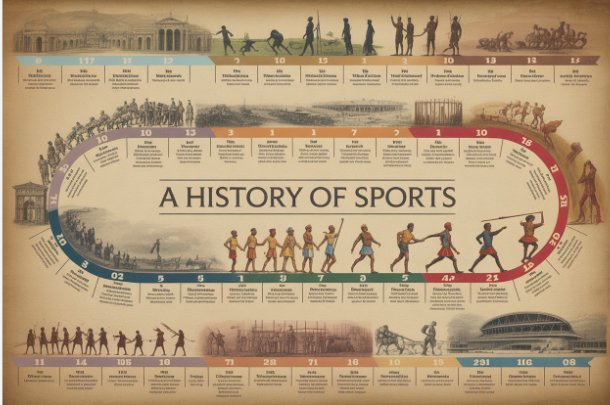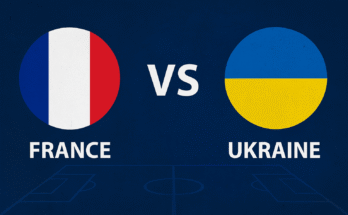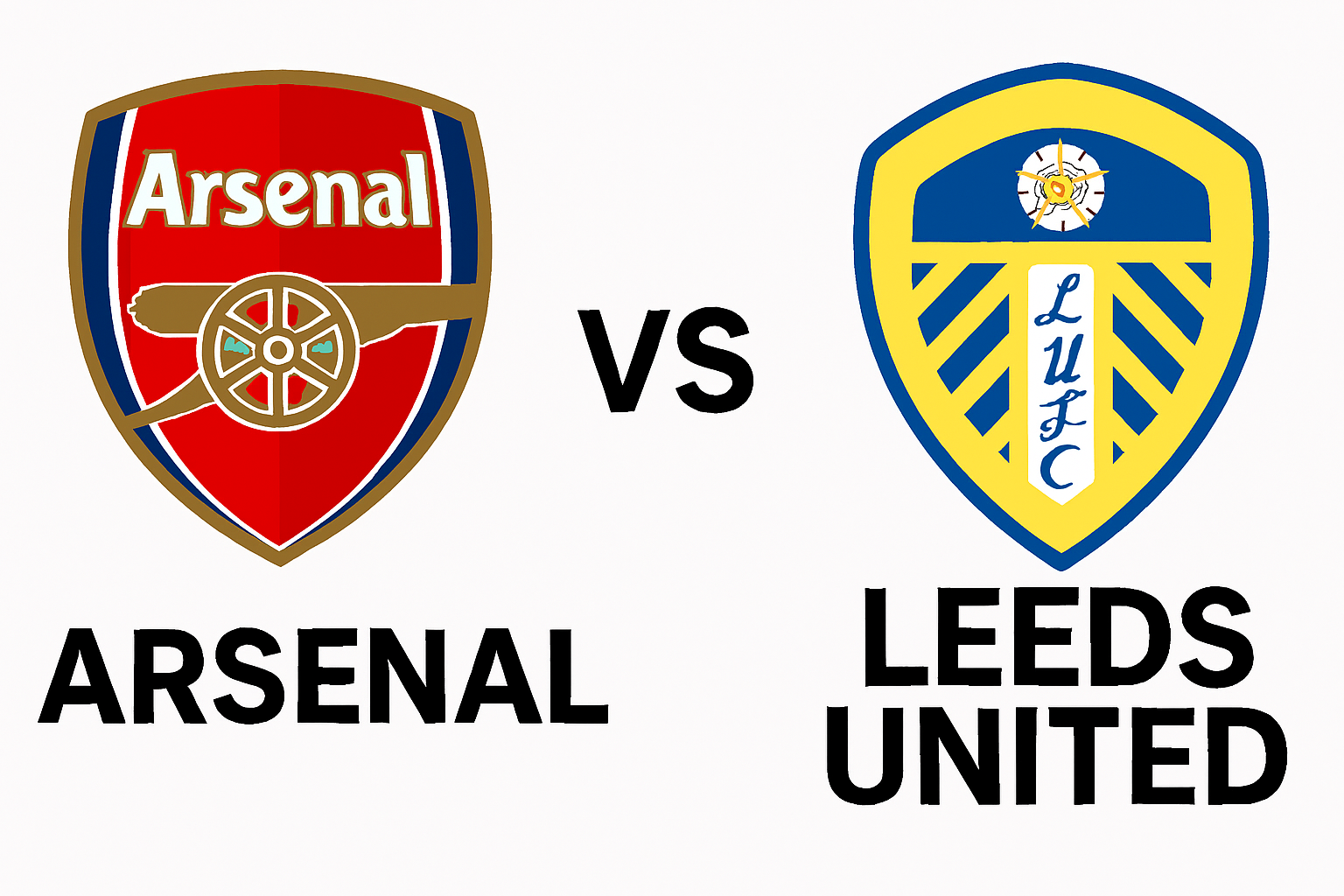Religious and Civic Function:
- Athletic contests were part of religious festivals and took place in civic life.
Origin of the Olympic Games:
• Games began in 776 B.C. at Olympia to honor Zeus.
• Only free Greek males could participate.
Popular Events:
• Stadion (race), long jump, javelin, discus, wrestling, boxing, and pentathlon.
• A mixed martial art known as pankration (boxing + wrestling) was also involved.
• “The Games included foot races, jumping, discus throwing, javelin throwing, wrestling, the pentathlon and boxing.”
Cultural Value:
• Victors were referred to as gods.
• The Games established a sacred truce that allowed travelers safe passage to Olympia.
• Myths connected athletes to the gods, e.g. Herakles started the Olympic Games.

The Roman Era
Influence of the Greeks
The Romans embraced the Greek ideals of athletics, but they altered them in many ways.
Spectacle and Entertainment:
• There was a change in focus to a more public spectacle.
• Some of the more popular Roman sports included chariot racing, hand-to-hand combat and ball games.
Noteworthy Venues:
• Circus Maximus (150,000 spectators) had challenging chariot races.
• The Colosseum hosted gladiator fights and animal hunts.
Political Role:
• Emperors used games to garner public support.
• Entertainment played an “integral role in social and political life”, uniting citizens with entertainment.
This is a sketch, which encapsulates the spectacle of chariot racing. A chariot is a horse and buggy combination where the rider stands, that encompasses several sporting activities, including races, fights between chariot racers. The chariot was also utilized for warfare as a rider can be equipped with a spear or a bow with arrows. In my opinion, chariots were a true game changer in the history of both sport and warfare.
The History of Sports in Ancient India
Vedic Heritage:
• Sports have been an important aspect of India since Vedic times and were incorporated into physical training and athletic competition involving religious aspects.
Traditional Games:
• Kabaddi originated as an informal team strength and agility test.
• Kabaddi may have roots in prehistoric times and was mentioned in the Mahabharata.
Educational Aspects:
• Students of the Gurukuls (Vedic schools) played many sorts of sports including battles such as kabaddi wrestling and running and archery.
• The significance of these physical activities was associated with preparation of martial skills and the importance of discipline, ethics, governance and teamwork.
The Global Legacy of Early Sports
Sporting practices from Ancient Greece, Ancient Rome, and India display the spiritual values, political systems and the educational aims of each culture. These ancestral sporting traditions established the roots for many contemporary sports and the values we know today.
Modern Developments in the History of Sports
Reviving the Olympics (1896)
- In Athens in 1896, the modern Olympic Games were revived, beginning a new era in sports history. The Panathenaic Stadium hosted 241 athletes representing 14 nations competing in 43 events (sportsmed.org), with the spirit of promoting the idea of unity in international competition.
International Competitions
In the 20th century, there were new international competitions such as the FIFA World Cup (the first one took place in 1930) and the Cricket World Cup. Additionally, the Olympics had multiple editions in Summer and Winter.
Professional Leagues and Codifying Rules
- Many sports were codified and made professional:
- Football, baseball, basketball and cricket created rules and maintained global leagues.
- The NFL, NBA and English Premier League took traditional regional games into global markets.
Broadcasting and Media Evolution
Radio and television offered fans the ability to experience and join in historic sports moments in a different way. Now, fans can stream events at any time, where fandom is a 24/7 experience.
Digital Streaming and Fan Behavior.
Fans spend money on their league (either the league app) or their local broadcast networks (e.g. Bally Sports South streaming) or suspected unauthorized streaming outlets. Despite the anti-piracy measures, there is still a high demand.
Cultural Impact and the Continued History of Sports
- The history of sports is more than a history of games — it’s a history of human connection, diplomacy, and change.
- Events such as the FIFA World Cup and Winter Olympics bring people together across all differences – “one ball, one world”
International Unity
- Events such as the FIFA World Cup and Winter Olympics bring people together across all differences – “one ball, one world”
Peace and Diplomacy
- The Olympic truce allowed for the peaceable transport of people in ancient Greece.
- In the 1970s, ping-pong diplomacy pioneered U.S.-China relations.
- Cultural Exchange and Grassroots Unity
- Athletes take sports with them when they travel abroad.
- Local fans embrace and adopt new sports (e.g., soccer in African and Asian schools).
- Stories like the American coaches’ experience in Rwanda illustrate how sports can evince connection without verbal communication.
Social Change
- Athletes are using their platforms to protest racism (e.g., the kneeling gesture of the English Premier League).
- Sports create local economies and local identities (e.g., football academies in Brazil).
Conclusion
From the original footraces of Olympia to today’s broadcasts of one billion viewers, the shared history of sports is an inseparable part of humanity’s heritage. Though the format of the game may have changed, competition and collaboration remain eternal. Different places and times can inspire a shared experience of priorities through sports.
As Mandela said, the language is sport.


